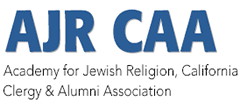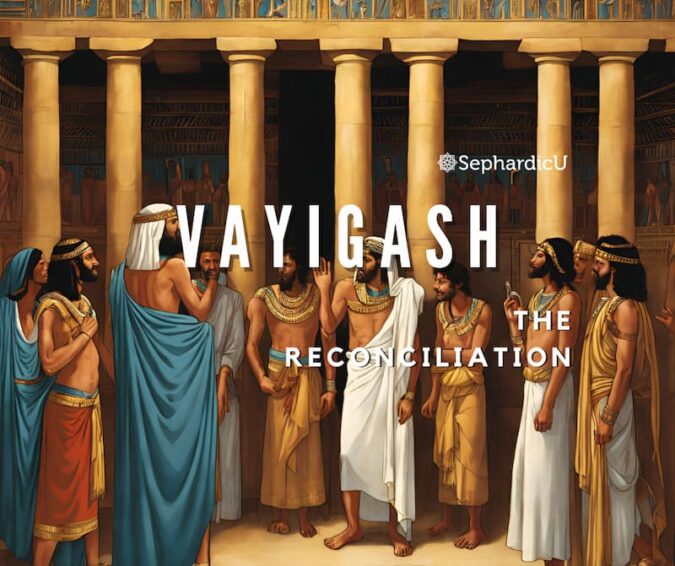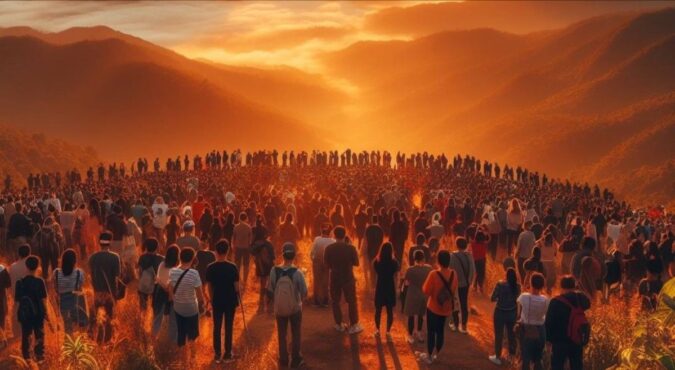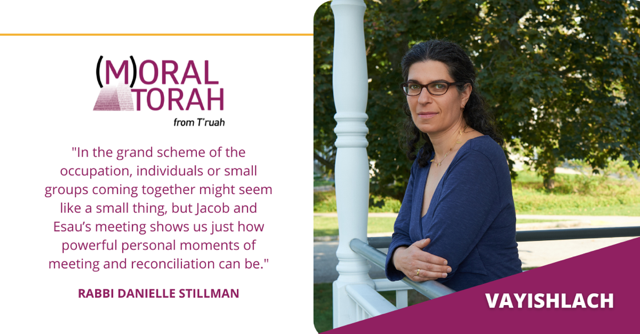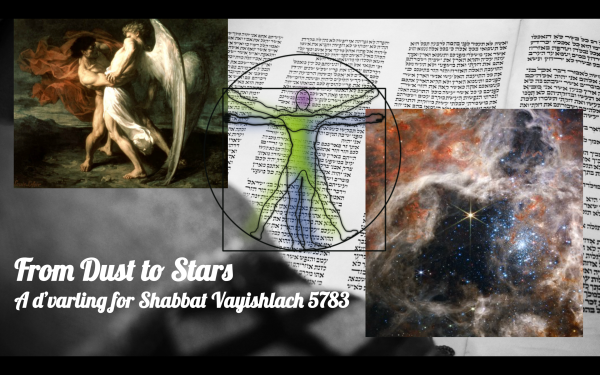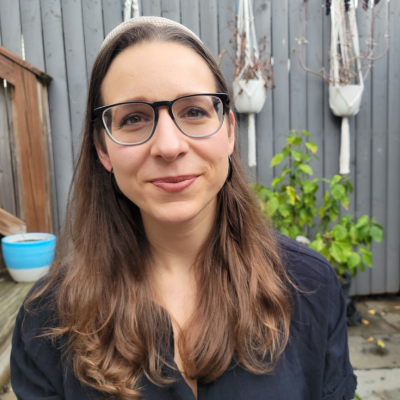Rabbi Julian Sinclair: Vayechi Eating Holy Food in a Holy Way
When Jacob, on his deathbed, blesses his sons, 5 of those blessings relate to foods, underscoring the diversity of resources and produce in the land of Israel. He cites Rashi in interpreting the text.
